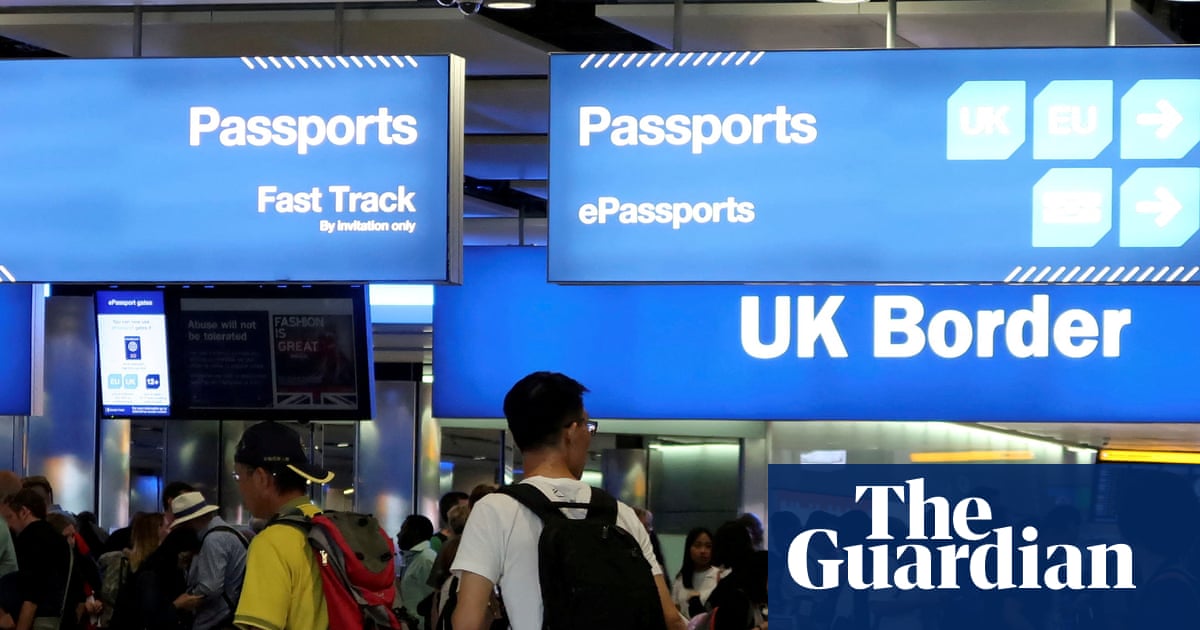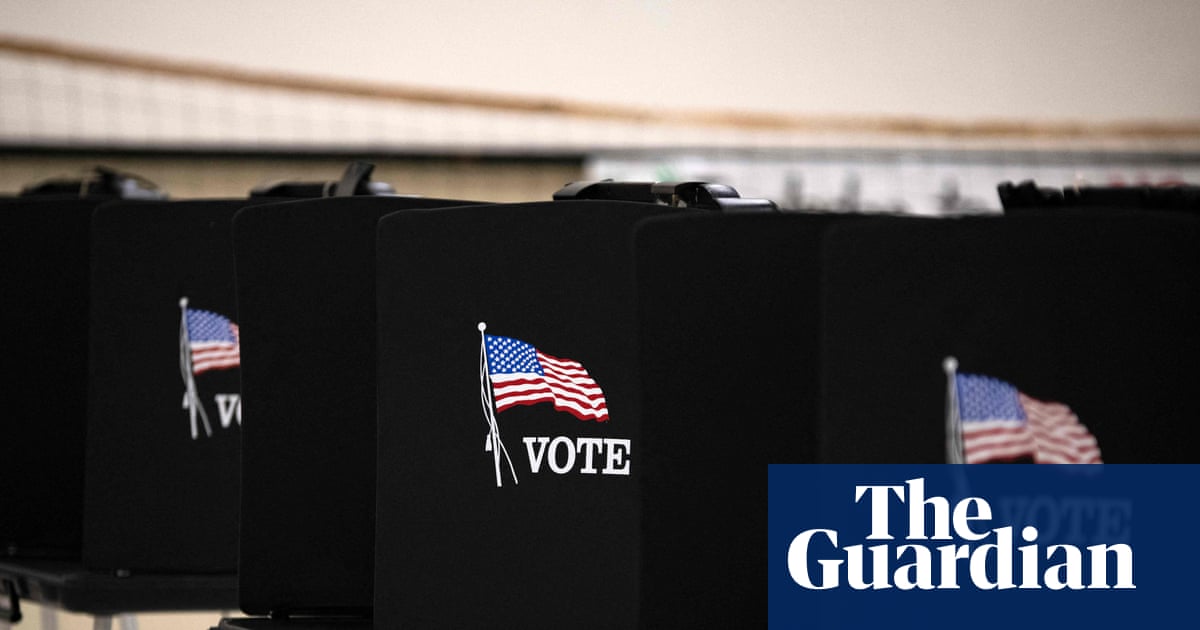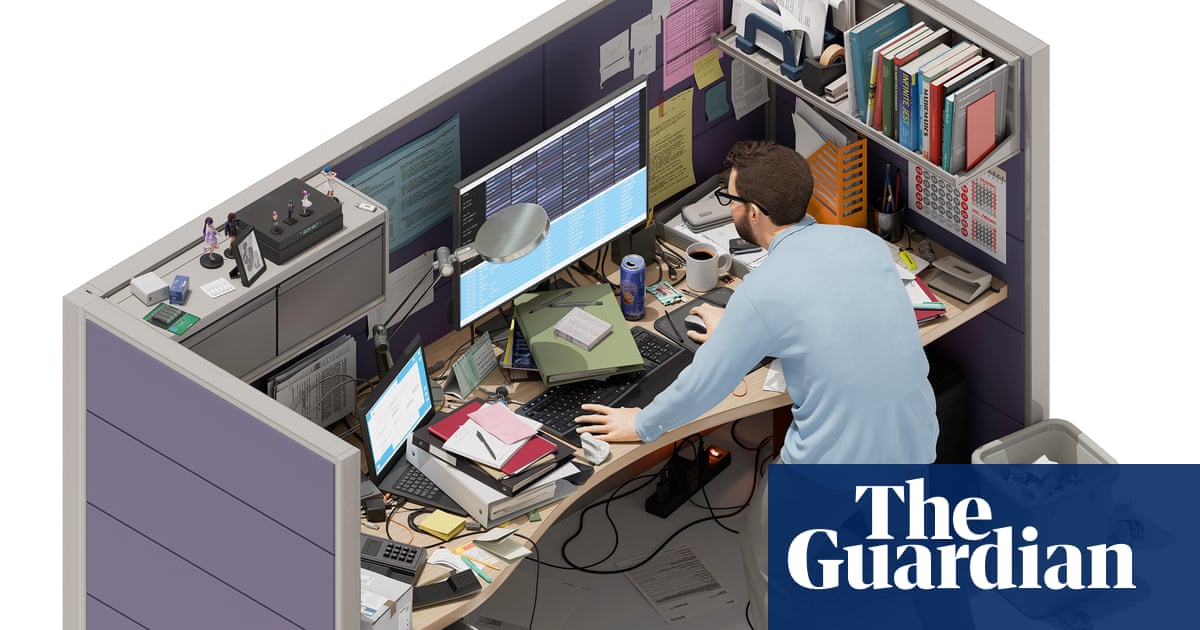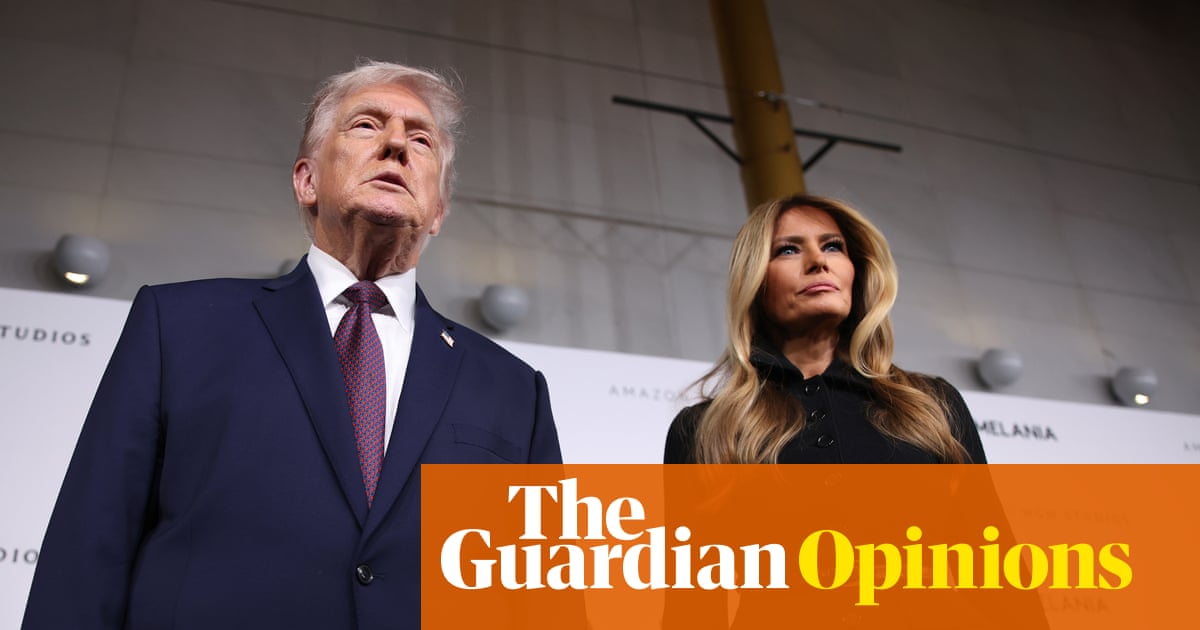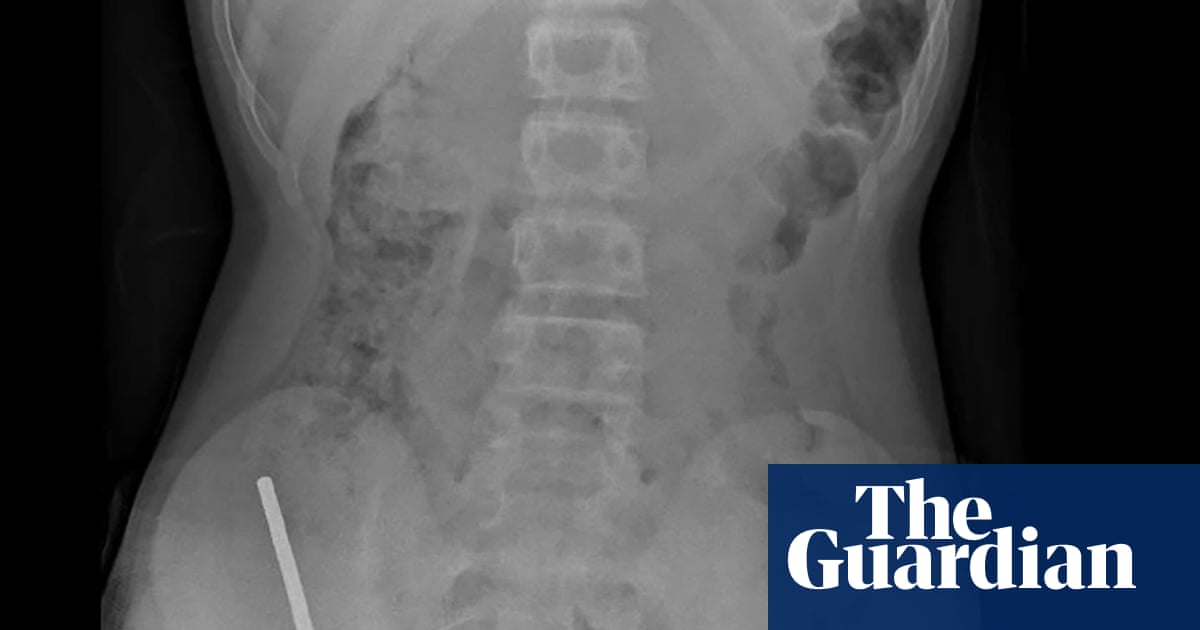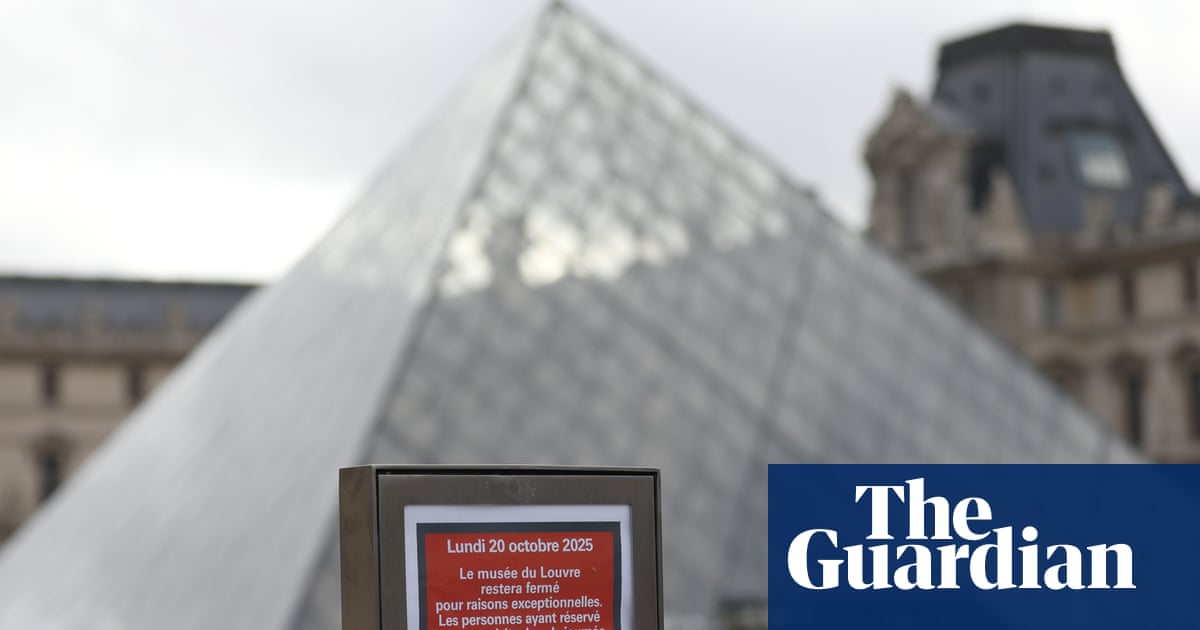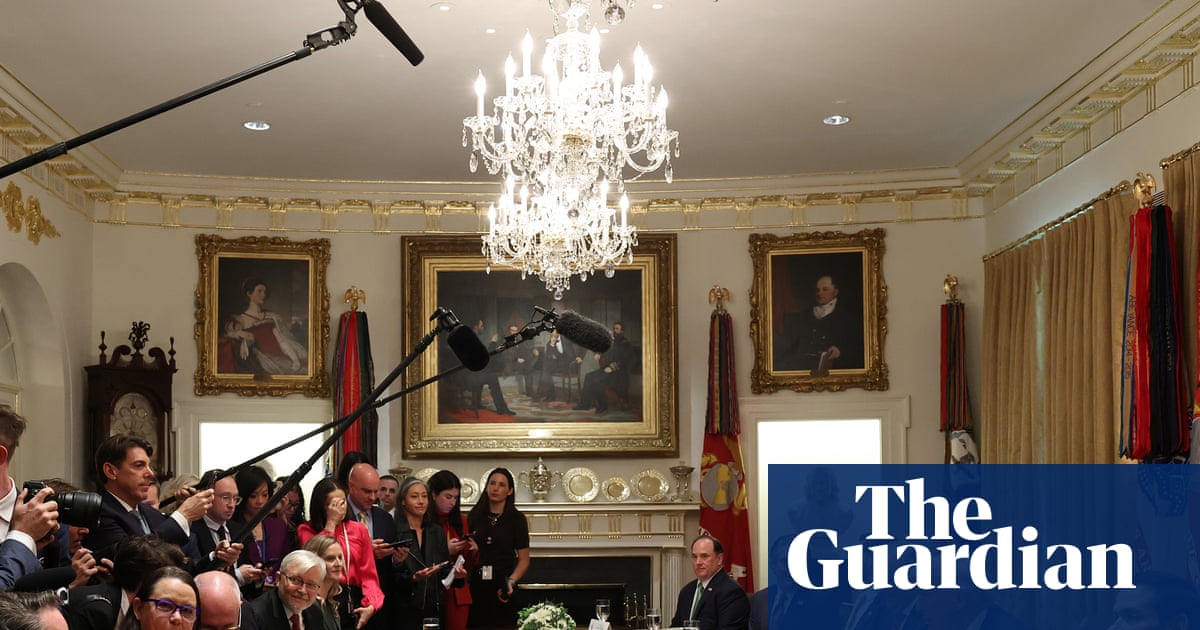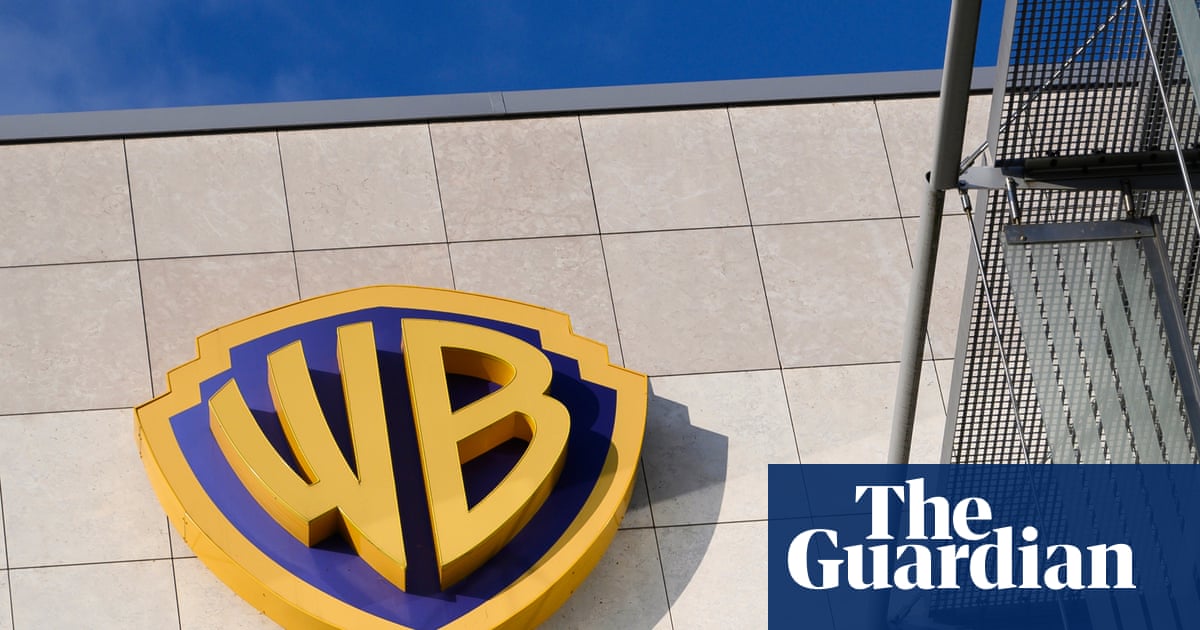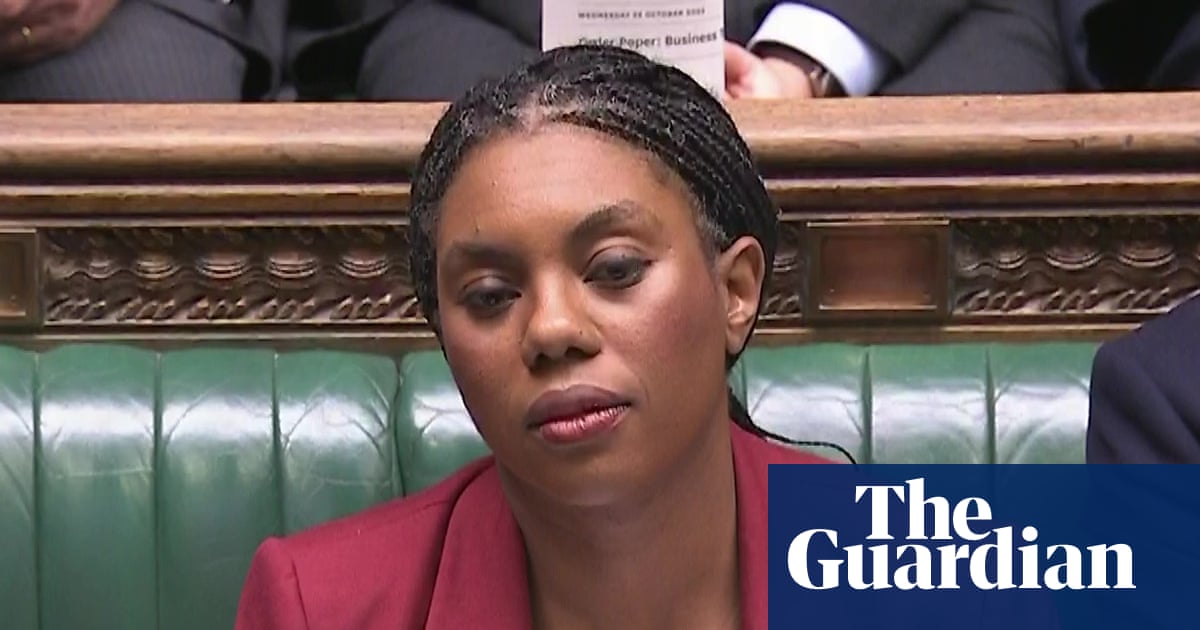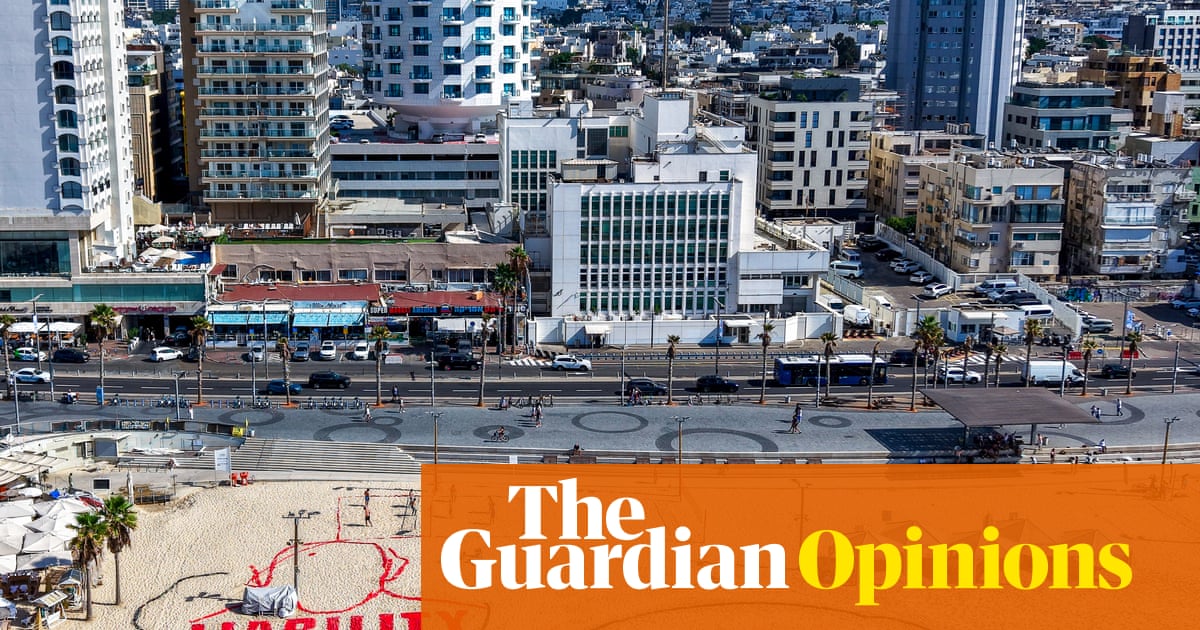Deutsche Bank: Growing chorus of 'whether we might be on verge of equity correction'
Jim Reid, analyst at Deutsche Bank, said there is talk of whether we are “on the verge of an equity correction”.
The last 24 hours have brought a clear risk-off move, as concerns over lofty tech valuations have hit investor sentiment.
Markets compounded these losses in the early hours of Asian trading but have been rallying back in the couple of hours prior to going to print with US futures clawing back towards flat with the Kospi rallying back a couple of percentage points from early -5% plus losses.
On Wall Street yesterday, the S&P 500 closed down 1.17%, losing ground because of sharp losses among tech stocks, and there was a big slump for Palantir (-7.94%) after its earnings the previous day.
Reid added:
Whilst the moves were only one day’s selloff, the market narrative saw a discernible shift, with a growing chorus discussing whether we might be on the verge of an equity correction. That speculation has gathered pace over the last month in particular, mainly because the Magnificent 7 has diverged from the rest of the S&P 500, which has revived questions about how concentrated this equity market now is. Indeed, whilst the Mag 7 have been advancing in recent weeks, the equal-weighted S&P 500 actually fell in October for the first time in 6 months.
Yesterday’s decline for Palantir (-7.94%) was seen as emblematic of this shift, particularly given they’d actually raised their revenue outlook the previous day. But given their share price had quadrupled in the last year, that’s set the bar incredibly high for any earnings releases. In fact, the Magnificent 7 (-2.28%) led the declines yesterday, with Nvidia itself down by a larger -3.96% as some of those top-performing stocks came under scrutiny.
Key events Show key events only Please turn on JavaScript to use this feature
David Morrison, senior market analyst at Trade Nation, took a look at recent AI investments yesterday.
It looks as if traders are finally booking some profits following the strong gains seen since late April as equities bounced back following the ‘Trump Tariff Temper Tantrum’. All the major US stock indices had been marking time over the past week or so, trading just south of all-time highs hit in late October.
Once again, [on Monday] news of a large investment in artificial general intelligence lifted tech. OpenAI, the privately owned owner of ChatGPT, announced a $38bn investment in Amazon Web Services, giving it access to Nvidia’s graphic processing units for seven years.
But the deal has also raised fresh questions over the circulatory nature of AI investment. Well over $1 trillion has been promised for various AI programmes, and the vast majority of this involves a very small group of tech corporations with OpenAI and Nvidia at the centre of most of it. So far, there has been precious little return on all this funding, but investors expect to reap outsized gains in future years. But some are doubting whether AI can possibly live up to the hype in terms of future returns.
Deutsche Bank: Growing chorus of 'whether we might be on verge of equity correction'
Jim Reid, analyst at Deutsche Bank, said there is talk of whether we are “on the verge of an equity correction”.
The last 24 hours have brought a clear risk-off move, as concerns over lofty tech valuations have hit investor sentiment.
Markets compounded these losses in the early hours of Asian trading but have been rallying back in the couple of hours prior to going to print with US futures clawing back towards flat with the Kospi rallying back a couple of percentage points from early -5% plus losses.
On Wall Street yesterday, the S&P 500 closed down 1.17%, losing ground because of sharp losses among tech stocks, and there was a big slump for Palantir (-7.94%) after its earnings the previous day.
Reid added:
Whilst the moves were only one day’s selloff, the market narrative saw a discernible shift, with a growing chorus discussing whether we might be on the verge of an equity correction. That speculation has gathered pace over the last month in particular, mainly because the Magnificent 7 has diverged from the rest of the S&P 500, which has revived questions about how concentrated this equity market now is. Indeed, whilst the Mag 7 have been advancing in recent weeks, the equal-weighted S&P 500 actually fell in October for the first time in 6 months.
Yesterday’s decline for Palantir (-7.94%) was seen as emblematic of this shift, particularly given they’d actually raised their revenue outlook the previous day. But given their share price had quadrupled in the last year, that’s set the bar incredibly high for any earnings releases. In fact, the Magnificent 7 (-2.28%) led the declines yesterday, with Nvidia itself down by a larger -3.96% as some of those top-performing stocks came under scrutiny.
Thinktanks urge Rachel Reeves to overhaul ‘broken’ tax system
Thinktanks from across the political spectrum are urging Rachel Reeves to use this month’s budget to overhaul the “broken” tax system, including abolishing stamp duty and merging income tax and national insurance.
The group, which ranges from the rightwing Adam Smith Institute to the leftwing New Economics Foundation, published proposals for sweeping “pro-growth reforms” the chancellor could introduce to “tax all income from work equally”.
A separate report on Wednesday from the National Institute of Economic and Social Research (NIESR) urged Reeves to make “brave choices” and look for an extraordinary £50bn of spending cuts and tax rises to triple the size of her fiscal buffer.
The chancellor left the door open to the first rise in the basic rate of income tax for 50 years in a speech on Tuesday and the thinktank coalition called on her to prioritise reforming the tax system in her 26 November budget, as well as raising additional revenue.
In its report, NIESR argued that Reeves should grasp the nettle at the budget to build up as much as a £30bn buffer against her rules.
The thinktank said that although factors such as stubbornly high inflation and interest rates were expected to ease, Reeves should urgently address public debt levels, including by increasing the basic rate of income tax.
“The trajectory of UK public debt is becoming unsustainable. Five years on from the pandemic, this is the moment to reverse that drift and start bringing debt down,” said David Aikman, director of the NIESR. “Without a credible plan to reduce debt over this parliament, the UK risks locking in a permanently higher – and potentially unstable – debt ratio.”
US supreme court to hear oral arguments on legality of Trump imposing tariffs
Donald Trump’s sweeping tariffs on the world will be scrutinised by the US supreme court today, a crucial legal test of the president’s controversial economic strategy – and his power.
Justices are scheduled to hear oral arguments today on the legality of using emergency powers to impose tariffs on almost every US trading partner.
In a series of executive orders issued earlier this year, Trump cited the International Emergency Economic Powers Act, or IEEPA, a 1977 law which in some circumstances grants the president authority to regulate or prohibit international transactions during a national emergency, as he slapped steep duties on imports into the US.
The supreme court – controlled by a rightwing supermajority that was crafted by Trump – will review whether IEEPA grants the president the authority to levy a tariff, a word not mentioned in the law. Congress is granted sole authority under the constitution to levy taxes. The court has until the end of its term, in July 2026, to issue a ruling on the case.
Lower courts have ruled against Trump’s tariffs, prompting appeals from the Trump administration, setting up this latest test of Trump’s presidential power. The supreme court has largely sided with the administration through its shadow docket to overrule lower courts.
Here’s our full story on M&S:
Profits at Marks & Spencer have more than halved after the retailer suffered a damaging cyber-attack, which is still affecting its struggling clothing and homeware business.
The retailer said underlying profits more than halved to £184.1m in the six months to 27 September from £413.1m a year before, after it had to halt online orders of clothing and homewares for more than six weeks.
The company’s clothing and homeware sales slumped 16.4% in the half year. The retailer said the division had been “slower” to recover from the hack than its food arm.
M&S said that sales of fashion in stores had been “impacted by reduced availability and fewer visits linked to the absence of click and collect”, and warehouse systems were now restored so “both our website and stores are improving availability, and trading is recovering”.
Introduction: China ends tariffs on US imports including farm goods but soy bean levies remain; M&S profits hammered by cyber-attack
Good morning, and welcome to our rolling coverage of business, the financial markets and the world economy.
China will suspend retaliatory tariffs on US imports following last week’s high-stakes meeting of Donald Trump and Xi Jinping. This includes lifting levies on farm goods, Beijing confirmed on Wednesday, but imports of US soybeans will still face a 13% tariff.
The State Council’s tariff commission announced it would remove duties of up to 15% it imposed on certain US agricultural goods from 10 November – while maintaining the 10% levies prompted by Trump’s “Liberation Day” tariffs.
Investors were cheered last week when US and Chinese presidents met in South Korea, but Beijing did not provide details of what had been agreed.
Even Rogers Pay, a director at Beijing-based research firm Trivium China, told Reuters:
Broadly, it’s a great sign that the two sides are making rapid progress in putting the deal into effect. It shows they’re aligned and that the agreement is likely to hold up.
However, Chinese buyers of US soybeans still face 13% tariffs, which traders said makes US shipments too expensive for commercial buyers compared to Brazilian alternatives.
Over here, British retailer Marks & Spencer reported a 55% drop in profits in the past six months, as sales were hit by a damaging cyber-attack in April that forced it to suspend online clothing orders for seven weeks.
The cyber attack also hit food availability at its stores. M&S, one of the biggest names on the UK high street, made an adjusted profit before tax of £184.1m in the six months to 27 September, down from £413.1m a year earlier.
Clothing and homewares sales fell by 16.4%. Food sales rose by 7.8%, better than expected, as M&S said it was “largely recovered” from the effects of the attack.
We are confident we will be recovered and back on track by the financial year end.
In May, the retailer estimated that the cyber attack would cost it £300m in lost operating profit in the year to March 2026, although it hopes to halve that through insurance and cost cuts. Its insurer has paid out £100m. M&S is now aiming to achieve £600m in cost savings this year – £100m more than previously targeted – after it was also hit by a new packaging recycling levy.
Stuart Machin, the chief executive, said:
The retail sector is facing significant headwinds – in the first half, cost increases from new taxes were over £50m - but there is much within our control and accelerating our cost reduction programme will help to mitigate this.
Asian stock markets are mostly down. Japan’s Nikkei fell as much as 7% and closed 2.5% lower (after reaching a record high on Tuesday) and the South Korean Kospi slumped by 2.85%, after earlier losses of 5%. The FTSE 100 index in London is also expected to open lower.
Shares on Wall Street tumbled on Tuesday, when the S&P 500 fell by 1.2% and the tech-heavy Nasdaq lost 2%, on fears that technology stocks had soared too high, with a cooling in the artificial intelligence boom. Last week, US stock indices hit record highs and analysts say that some investors are taking profits, especially in AI-related stocks.
The Agenda
-
8.15am-8.55am: Spain, Italy, France, Germany PMI final surveys for October
-
9am GMT: UK New car sales for October
-
9.05am GMT: Bank of England Khan speech
-
9.30am GMT: UK Services and composite PMIs final for October
-
10am GMT: Eurozone producer prices for September
-
1.15pm GMT: US ADP Employment for October
-
3pm GMT: US ISM Services PMI for October
-
US Supreme Court to consider legality of Trump tariffs

 3 months ago
49
3 months ago
49


